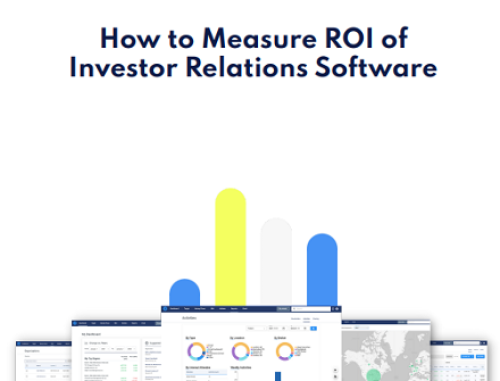Our quest for real-time 'analysis' is threatening our conception of the truth
A couple of years ago, I went to a talk on the future of the media by a journalist called Nick Davies.
He had a depressing prognosis for the future of journalism. The internet was having a degenerating effect on the profession, he argued. He even coined his own term – churnalism – for this sorry state of affairs in which the internet had turned journalists into typists who spewed out drivel at the expense of quality.
Depressing stuff, and yet – to quote The Jam’s Paul Weller – the public gets what the public wants, and we are all real-time consumers of news. It is difficult to believe we once had to wait until the morning to pick up a newspaper in order to read yesterday’s news. Now if we don’t see a news page updated every five minutes, we lose interest.
All this constant updating means regurgitation is in danger of superseding research and analysis, as reporters with shaky hands videotape interviewees sounding off while simultaneously blogging/tweeting and podcasting to the not-very discerning masses.
For companies, the implications of this are obvious. From the very moment you begin issuing your results you have to contend with the dubious real-time ‘analysis’ from members of the blogging and tweeting community.
This is concerning because, rather than fostering a diverse and plural range of opinions, Twitter tends to encourage ‘group think’, which is worrisome given that tweeters tend to favor snappy sound bites over detailed analysis. Re-tweeting serves to amplify this, making Twitter little more than a giant magnifying glass that exaggerates your successes and failures.
The absurd clamoring to be first with a sound bite or a shred of news was illustrated by the Twitter coverage of former British prime minister Tony Blair’s salacious memoirs. As this Wall Street Journal blog points out, having read something is no longer a prerequisite for having a view on it.
The danger is that we all end up being less informed than if we had just read one well-researched, properly constructed account. For companies, this is a massive problem: getting your message out and making sure accounts of your results remain uncorrupted.
Fortunately, as the aforementioned blog also points out, there are sometimes benefits to being a journalistic Luddite. Rather than continually attempting to out-tweet their competitors, the non-tweeters will sometimes have the upper hand when it comes to the final article, as at least they will have had time to actually read the darned thing.










